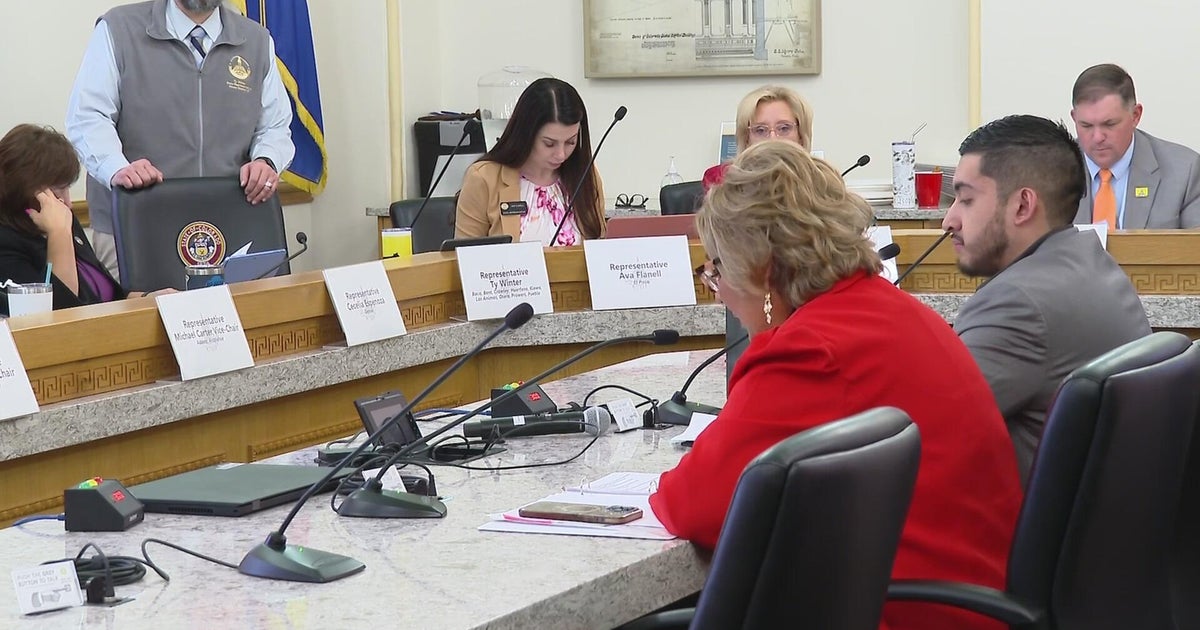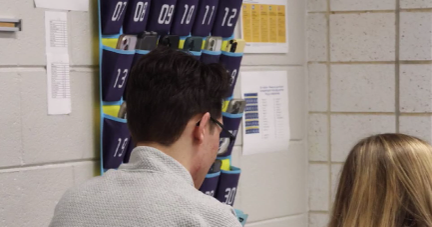Hopkins Grad Students Work To Save Lives & Treat Those In Developing Countries
BALTIMORE (WJZ) -- The lack of access to modern medical equipment in developing counties results in the deaths of millions of people every year.
Now, as Mike Schuh reports, grad students at Hopkins are on a path to change that.
Come witness the creation of life-saving inventions. A Hopkins lab-- simple solutions to problems that kill millions-- was founded by grad students.
Want to gauge the health of a fetus? Listen to its heartbeat. Even simple tools are unavailable in poor countries, making treatment impossible.
"Our device should cost $10," said grad student Brian Rayburn.
The device uses common cell phone parts, an amplified microphone and digital counter. Balloons that will stop uncontrolled bleeding after a birth also cost $10.
"This is actually the leading cause of maternal death every year, killing 125,000 mothers every year," said Adam Clark.
A drop of blood on paper identifies the cause of a fever, meaning the patient will get the correct treatment sooner.
"It's the same chemical principle as a pregnancy test," said Luis Soenksen.
When perfected, they will cost three cents each.
They are learning to achieve greatness, make greatness the goal.
"Our main purpose is to save millions of lives. There are mothers and babies dying unnecessarily," said Dr. Harshad Sanghvi.
None of these inventions is ready for the market yet. They could ship into developing countries in one to five years.
These inventions are possible because the university's nonprofit global health organization asked for such help developing low-cost medical devices.







